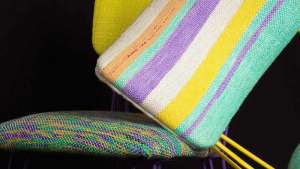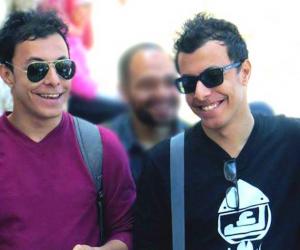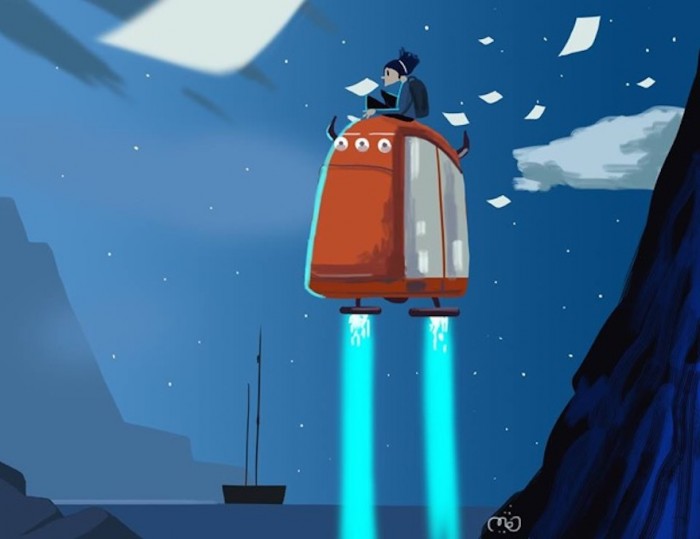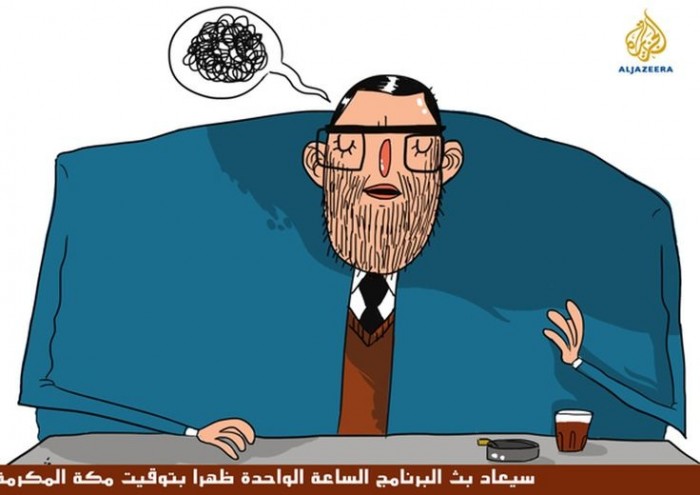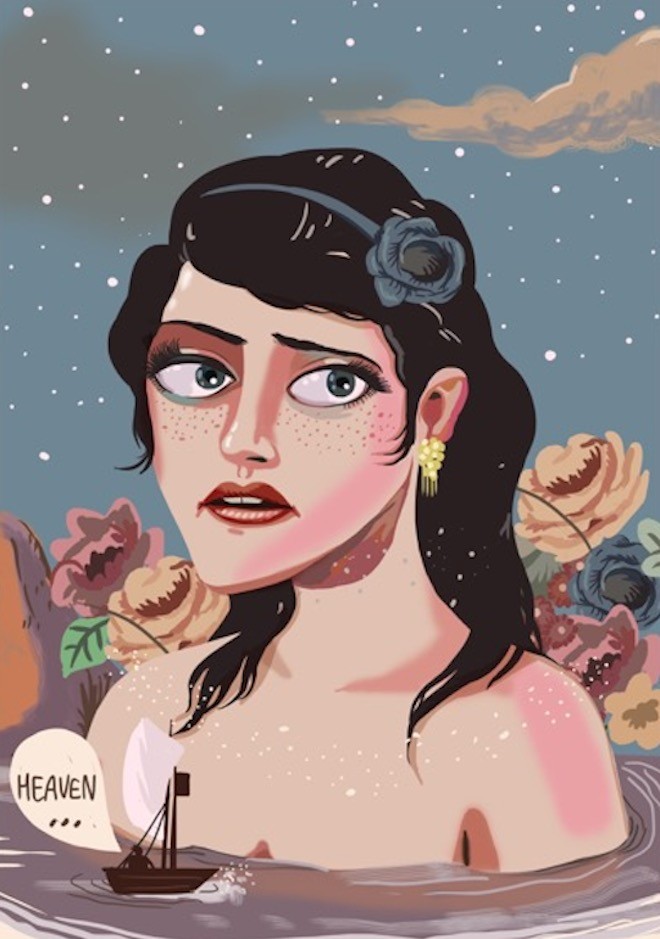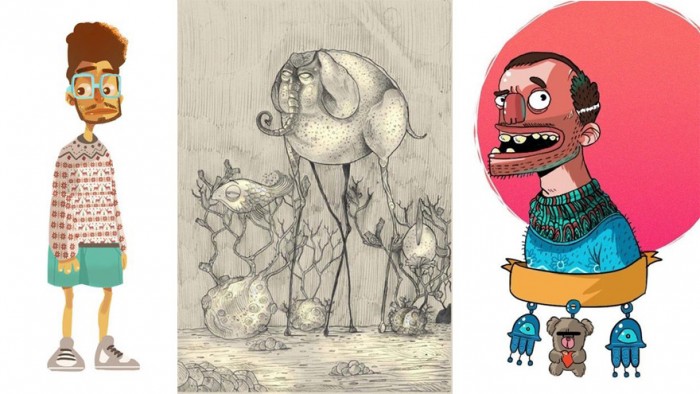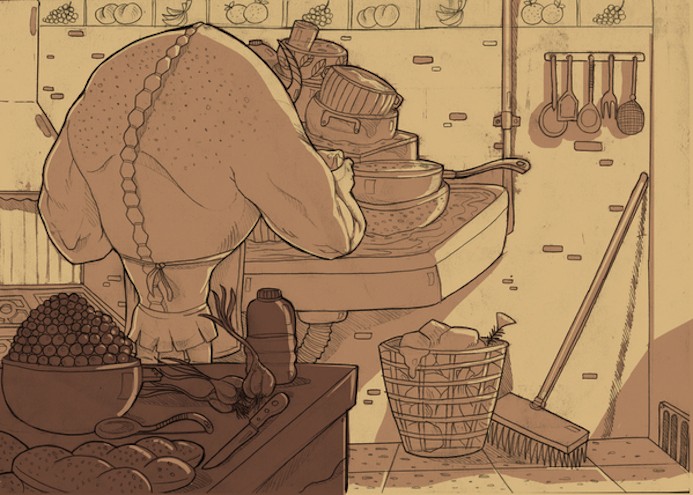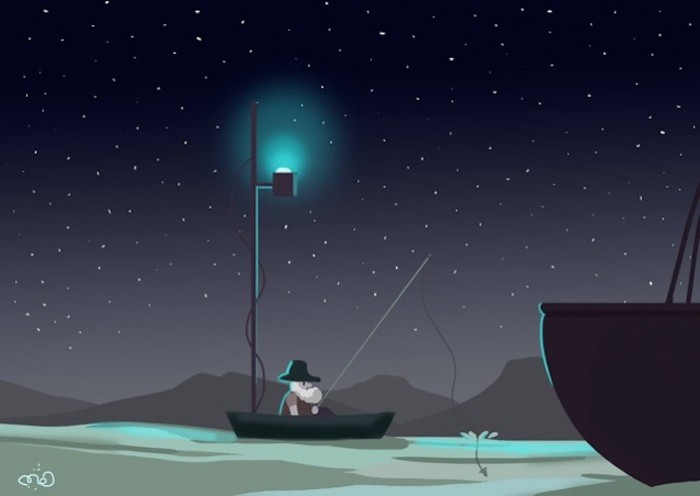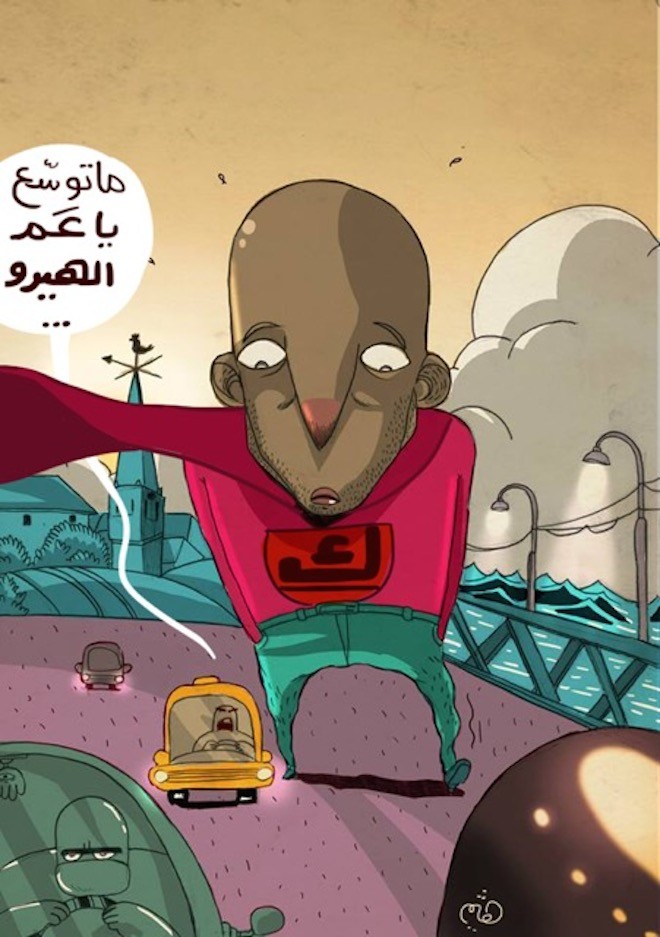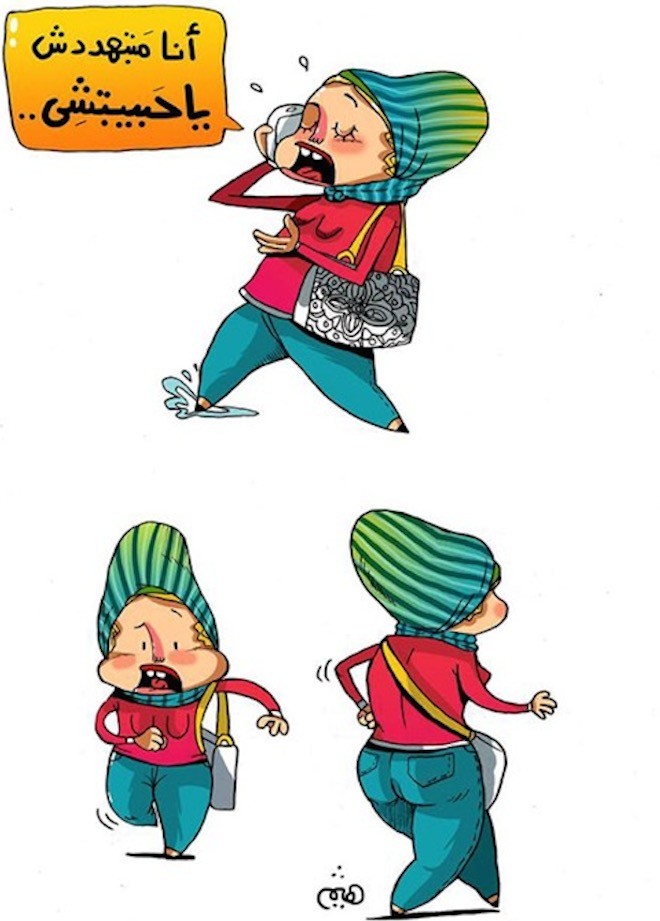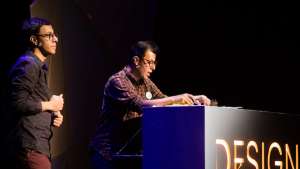From the Series
Twins Cartoon is the pen name of Egyptian comic book artists Haitham and Mohamed Raafat El-seht, who – as you guessed – are twins. Creative as children, they grew up reading comic books and studied together in the Faculty of Fine Art in Minya University, Upper Egypt. Since graduating in 2008, Haitham and Mohamed, who agree they work best as a team, have been teaching the art of comics in workshops and festivals around Egypt.
The Raafat El-seht twins' clients include advertising agencies, publications (they have a long-running association with Emirates airline magazine Majid) and animation studios. But their focus recently has been on a comic collective they founded called Kawkab el Rasameen, which means “planet of artists”. They hope that Kawkab will provide a much-needed platform for Arabic artists, whose talents still have few outlets.
Before the Egyptian revolution in 2011 there were few Egyptian comics, they say. Those that existed portrayed the character of the country using the typical imagery of pyramids and pharaohs, and any that attempted to address the state of the country, its politics or the character of President Mubarak were quickly banned. But Haitham and Mohamed are now attempting to represent Egypt and its people in a more modern and honest way. “We take our inspiration from the streets in Cairo,” says Haitham. “It’s a big city and so crowded. I like watching people on the streets and in cafes and buses.” He carries his sketchbook with him everywhere to try to capture the expressions he sees and to represent his country in an authentic way.
“Before the revolution in 2011 comics in Egypt were a copy of French comics, with only a little of the culture of Egypt. After the revolution comics became popular among teenagers. Artists in Egypt can now express social topics that affect Egyptian people, especially the poor,” he says. Haitham says he prefers French comics to American ones because the French style expresses its culture whereas American comics are for the most part about superheroes. “I don’t like the concept of the superhero who is good at everything. He is always perfect. I prefer to draw real humans.”
To analyse people, to see their moods and their true character the artist must take a psychological approach, he says. “We are all different to one another. I don’t think I am a magician, but I think I can draw the inside of people.” A self-portrait by Haitham (left) has been the most popular pin on the Design Indaba Pinterest board for many weeks now. “It is my self-portrait, but it isn’t an identical copy of my features. It expresses more about my emotions, because the spirit of the person is more important than a copy of his features without any emotions.”
He uses colour to give a sense of place. “In Egypt it is sunny, so the colours are yellows and light browns. You can see it in the land and in people’s behaviour and their skin colour. If you compare colour in Cairo and London you’ll see the difference in the environment and its reflection on its people. In London the colours are blue and grey because it is cold all the time.”
In 2014 the El-seht twins took part in the first edition of Egyptian Comix Week, sponsored by the Goethe and French institutes in Cairo. They oversaw 20 amateur and professional artists and were tasked to create a comic production in one week. Now they have founded the Cairo Comix Festival, which will be held this September.
“We want to have discussions with international comic artists,” says Haitham. “We want to spread comic culture all over the country.” Their own collective will publish a magazine every three months, with the first one scheduled for July, a date they pushed back to coincide with the end of school exams. The teenage crowds are their most popular audience. The magazine will be available in print and online.
In April 2015 they held a weeklong comic workshop in Jordan and have plans to do the same in Morocco later in the year. They have also been involved in international workshops during the Luxor Cinema Festival, where they interacted with creatives from Kenya, Algeria, Libya and Rwanda. “Africa is full of great stuff! It made me feel very inspired. I am proud to be an artist in Africa.”

